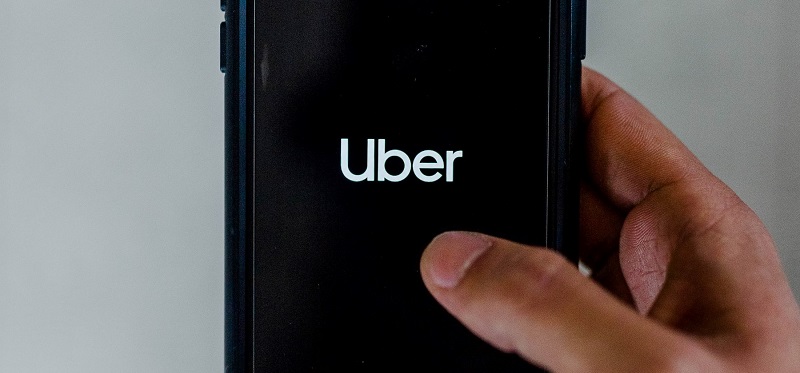
Gig economy delivery companies: after the Uber case, reputational risk and investor concerns may be more of a brake on Deliveroo than formal findings on worker rights.
Uber’s announcement about how it will pay its drivers following the Supreme Court decision last month has produced a lot of heated discussion about its impact on the wider gig economy.
On one level, Uber’s decision simply shows they are going to follow the law. Uber drivers are workers and workers are entitled to receive at least the minimum wage, holiday pay, statutory sick pay and workplace pensions. While technically the Supreme Court decision only applied to the drivers in the 2016 employment tribunal claim, no doubt many other drivers had subsequently brought claims which were put on hold pending the ultimate outcome of that case. It would have been futile for Uber to continue to insist that these drivers were self-employed contractors.
However, while the Supreme Court found that the time drivers spent logged into the app and available to work was also working time, this waiting time was excluded from Uber’s announcement. This is because the terms on which drivers are offered work by Uber changed following the 2016 tribunal decision. Since then, Uber has stopped banning drivers from being logged into rival apps or ‘sinbinning’ drivers by logging them out of the app for a period of time if they reject rides offered to them.
It would probably be an uphill struggle to persuade a tribunal that waiting time under the current terms counts as working time for pay purposes. Nonetheless, there is another avenue that the Supreme Court decision opens to Uber drivers. As they are workers, they are entitled to unionise, and Uber can expect that the unions will use the waiting time issue to try to recruit drivers. If the union recruited a high enough percentage of the workforce, it could lead to union-led pay negotiations and/or industrial action.
The Uber decision does not generalise to all gig economy companies. Deliveroo riders in particular have been found not to be workers because they are not, in the written contract or in practice, required to make deliveries personally. However, this finding was challenged in the Court of Appeal last month and the Judgment is anticipated in the coming weeks. It would be a remarkable turnaround if the Court of Appeal were to overturn the High Court decision, particularly in the light of decision of the European Court of Justice in the Yodel case last year.
Nonetheless, the Uber case is part of a shift in attitudes to what constitutes acceptable business conduct, from accepting people working in the gig economy are self-employed to expecting them to have at least worker rights. Most importantly, the shift has reached institutional investors, and this is impacting Deliveroo ahead of its listing next week, which is expected to be the UK’s largest IPO of the last 10 years.
This week Legal and General Investment Management, Aberdeen Standard Investments and Aviva Investors, which together manage £2.2 trillion in assets, have expressed concern that Deliveroo’s treatment of its riders doesn’t align with socially responsible investing practices. Aviva cited concerns relating to social responsibilities and the effect on the valuation of the business if a change in the law meant the riders were reclassified as workers. Deliveroo will need to find a way to address these concerns irrespective of any court finding and this may involve further changes to its business model.
For advice on employment status, union relations and business reputation, please contact our employment lawyers.


